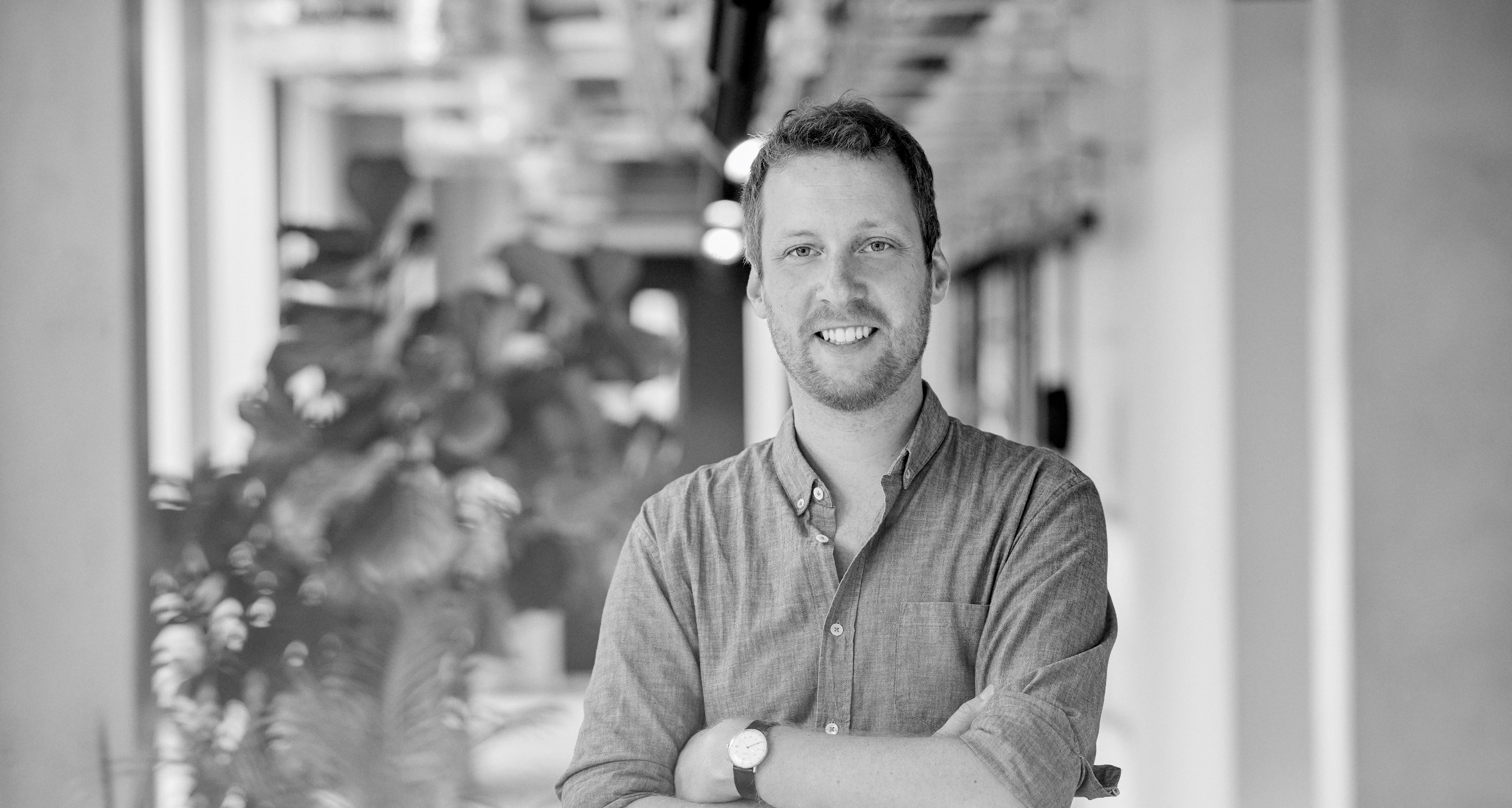Clemens Meyer (M.15) : Decoding Proteins Worth a Nobel Prize

Visionary, scientist, and manager, Clemens Meyer (M.15) leads the DeepMind team that revolutionized biology with AlphaFold, a software capable of predicting protein structures in record time. With a career combining technology, sustainability, and innovation, this German leader played a key role in a project awarded a Nobel Prize, forever changing the face of scientific research.
Last October, the Royal Swedish Academy of Sciences awarded the prestigious Nobel Prize in Chemistry to three researchers: David Baker, Demis Hassabis, and John Jumper. Their award honors major advances in understanding proteins, molecules essential to all forms of life. Two of the laureates, Hassabis and Jumper, work for Google DeepMind, a leading artificial intelligence company, best known for developing the revolutionary software AlphaFold. This ambitious project, launched several years ago, is led by Clemens Meyer, a visionary scientist and manager.
Originally from Germany, Clemens Meyer has built an impressive academic background. He first studied technology and management in Munich, which provided him with a strong foundation in engineering and business management. In 2013, he earned a Master’s degree in sustainable development from HEC Paris, demonstrating his interest in solutions to environmental and social challenges. The following year, he returned to HEC to obtain a certificate in digital innovation, expanding his expertise at the intersection of technology and sustainability.
Clemens Meyer’s career perfectly illustrates his commitment to combining technological innovation with social impact. Upon joining DeepMind, he set himself the mission of addressing complex issues through artificial intelligence. Under his leadership, the AlphaFold team achieved a historic scientific breakthrough. In 2020, AlphaFold 2 demonstrated an exceptional ability to predict the three-dimensional structure of proteins with unprecedented accuracy, a challenge that had occupied biologists for over fifty years. This success is based on a combination of advanced machine learning and a database of known protein structures, allowing the AI to provide reliable predictions in just a few minutes.
Since the public release of AlphaFold 2 in 2021, over six million protein structure predictions have been generated. These advances are revolutionizing biological research and opening new possibilities for treating numerous diseases, from cancer to neurodegenerative disorders. Its impact is also significant for the development of new drugs, biofuels, and sustainability research.
Clemens Meyer’s leadership, coupled with his vision of innovation for the benefit of humanity, has played a key role in this scientific revolution. By helping transform a scientific puzzle into an accessible tool for the global community, he embodies an inspiring approach to artificial intelligence: a technology serving health and collective well-being.
Published by La rédaction

